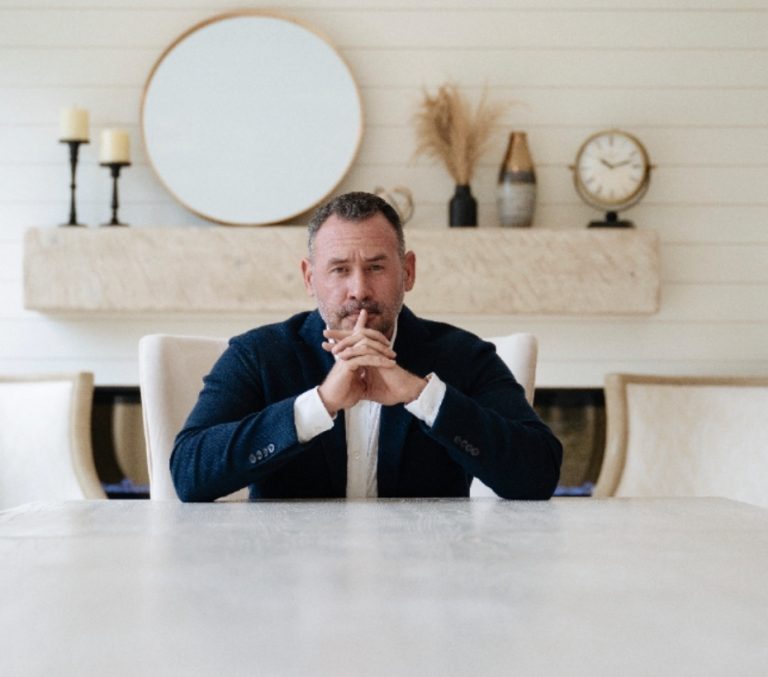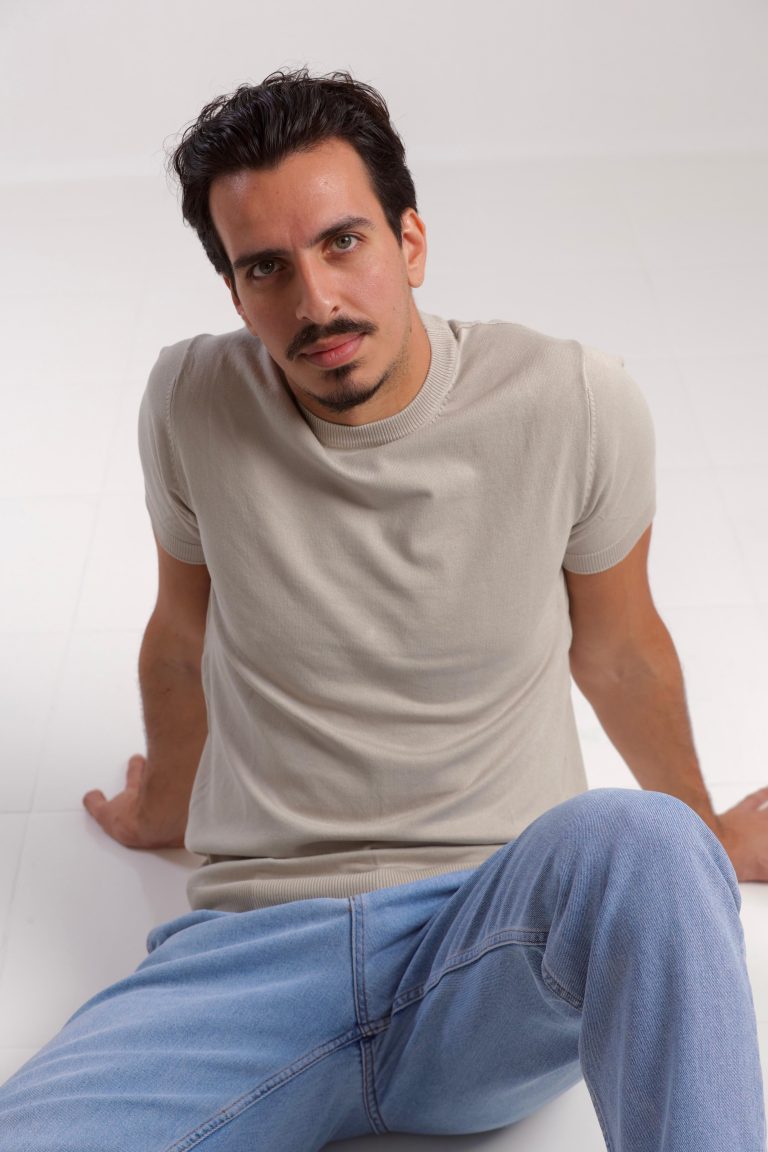
Parenting is challenging under normal circumstances. Throw in a behavioral disorder such as ADHD and it can become downright herculean. On any given day, parents of children with ADHD could be dealing with meltdowns, hyperactivity, concerned calls from teachers, and trying to stay on top of medication schedules. To say it can be overwhelming is a huge understatement. It can also be incredibly isolating.
Too often, parents of children with ADHD try to power through on their own, shouldering all of the responsibility and far too much of the blame. For many parents, this can lead to emotional and physical burnout, which in turn can exacerbate an already distressing situation. One thing that helps immensely, but is often overlooked, is being part of a community that understands the unique challenges families who have children with ADHD face.
One parent’s journey
Dana Kay, founder and CEO of Our Road to Thrive, knows all too well how agonizing it can be for a mother trying to navigate the symptoms of ADHD. Dana always knew that her son had abnormal amounts of energy compared to other kids, but by the time he turned five it started to become uncontrollable. After multiple assessments, he was finally diagnosed with ADHD.
Like many parents in similar situations, Dana was relieved to hear the diagnosis because it gave her a concrete answer and medical validation for what her son was going through. Her ADHD pediatrician prescribed medication, and at first, everything seemed to be going well. However, it wasn’t long before her son became increasingly anxious, had trouble sleeping, didn’t want to eat, and would throw tantrums every afternoon.
After switching medications and increasing doses offered little respite, Dana began to question whether medicine really was the answer. “I began to dig deeper into all of the research that I could get my hands on,” she says. “I believed deep down that there was something better for him, that these medications couldn’t be the only solution. I felt that most of these medications seemed to take a cookie-cutter approach to treating people with ADHD. With each step along my biomedical journey, the desire to take my son off of medications grew more and more.”
As Dana delved further into her research, she also reached out to others who were going through similar struggles. She started learning about other means of healing and decided to ditch the medication and adopt a more holistic, all-natural lifestyle. Soon after, she started seeing incredible results. This encouraged her to continue her studies so that she could help others facing the same struggles.
Thriving with ADHD
Today Dana is a board-certified holistic health and nutrition practitioner who has made it her mission to share her education, skills, and knowledge with families who have children with ADHD. The ADHD Thrive Method 4 Kids is her 12-week online course that teaches parents how to identify hidden triggers and fight the symptoms of ADHD with food and natural approaches. At the core of her program are actionable steps and access to unwavering support.
“The program has really been designed and paced for busy families to remove all the overwhelm and confusion,” Dana says. “Weekly guided video and audio tutorials are released every seven days to make this easy, sustainable, and doable. They will walk you through the exact information you need each and every week to be successful, and all you have to do is follow the instructions to start seeing improvement.”
Besides offering actionable steps, Dana also draws on her own personal experiences to help parents navigate the challenges that might come up when implementing changes to diet and lifestyle, such as going to birthday parties, dealing with school lunches, and explaining food choices to grandparents. She understands that the wider community might not understand how to support children with ADHD in a holistic way.
The importance of community

“When I first started my journey with my son, I struggled for years and years,” Dana says. “I thought I knew what to do, but really I didn’t. I spent hours and hours researching, not knowing what really was going to work. I felt so alone in the whole process. I felt isolated from my friends and family, as they never had a child like my son. I even felt isolated from my husband. I mean, he was supportive, but at the end of the day it all fell on my shoulders, which did have an effect on our marriage as well.”
Despite feeling disconnected from family and friends, Dana realized that she couldn’t do everything alone. When she began reaching out to others, she found the support she needed to push through and arrive at solutions that she never would have thought of otherwise. This is why community is so central to her program.
“I totally understand what it feels like to be in the shoes of families that I work with,” says Dana. “I was there too in the depths of despair. I was being told that strong medication was the only way, and even when I tried that, I ended up in a worse situation than before. I didn’t know where to turn and I would lay awake for hours at night just wishing someone could tell me exactly what I needed to do and hold me by the hand and surround me with support.”
“Just as each child is unique, each family is unique too. What makes what we do so successful is we understand this. We hold your hand as you walk step by step, answer all of your questions and keep you accountable as we take the journey. You have access to weekly Zoom video calls, live calls with expert coaches, and a closed Facebook community group.”
“Not everyone gets this approach, so it really helps to surround yourself with people who get you. The Facebook community consists of people who are also on this journey with you. A whole community of others in exactly the same place as you, cheering you on, celebrating your wins, and encouraging you to step up your game. They’re also there to listen and support you when things aren’t going so hot.”
Dealing with ADHD doesn’t have to be a solo journey. Sometimes all it takes is reaching out and accepting a helping hand to lift you out of uncertainty and give you the confidence and motivation you need to make positive changes that will benefit your child, your family, and most importantly yourself.
Dana’s son is now 11 and has been off medication for years. He’s thriving like never before and the family now enjoys a calm sense of normalcy. While lifestyle changes were the catalyst for change, Dana also recognizes that she couldn’t have done it without support. “Emotional connections are important,” she says. “Now that I have been able to do this and help so many other families, I wouldn’t be where I am today without the help of other people in my journey.”





